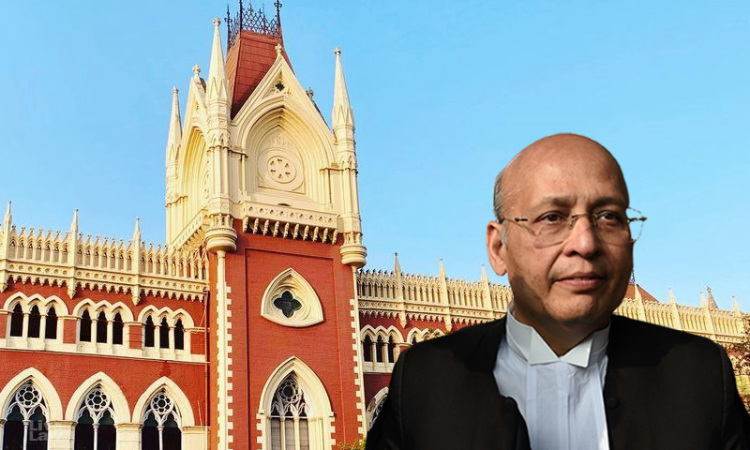Narada Case : 'Special Judge Wasn't Overawed By Protests As Alleged By CBI', Singvhi Concludes Arguments
Akshita Saxena
9 Jun 2021 5:00 PM IST

Next Story
9 Jun 2021 5:00 PM IST
Senior Advocate Dr. AM Singhvi, representing the accused TMC leaders in the Narada Scam case, concluded his arguments today in transfer proceedings before the Calcutta High Court. He argued that the mobocracy argument of CBI is an afterthought to overturn the bail order passed by the Special CBI Judge in favour of the accused TMC leaders on May 17. The impugned bail order,...
